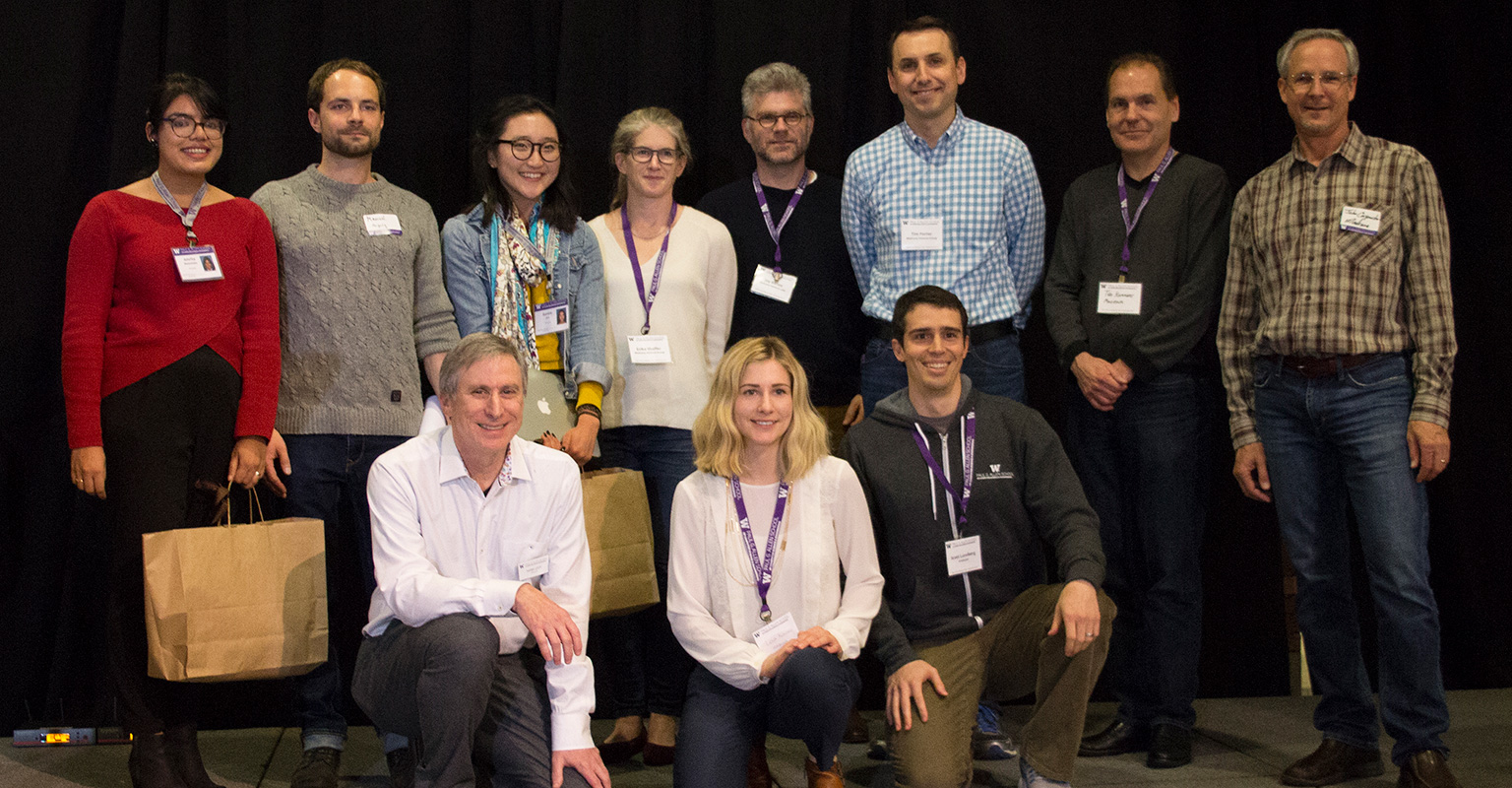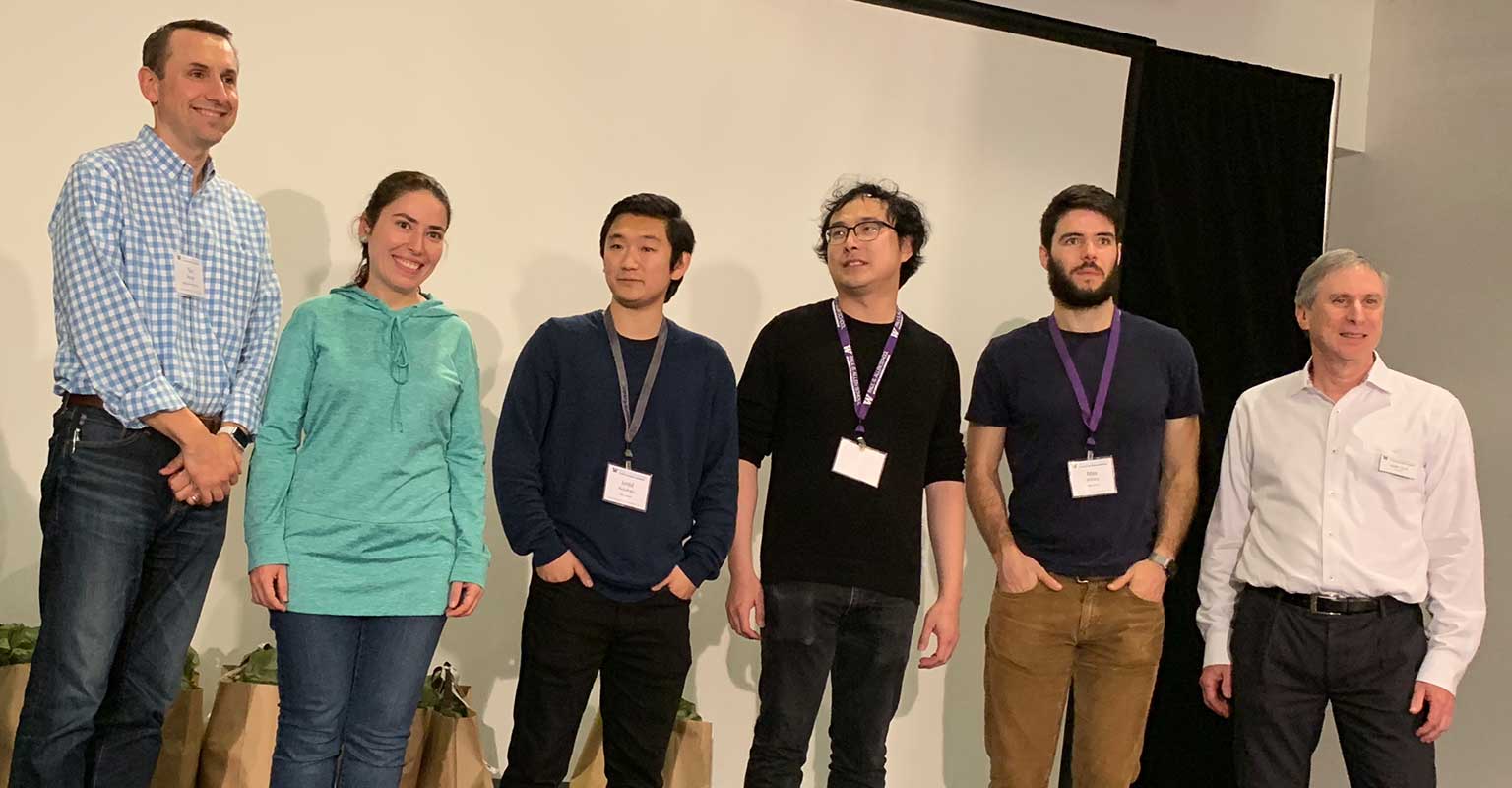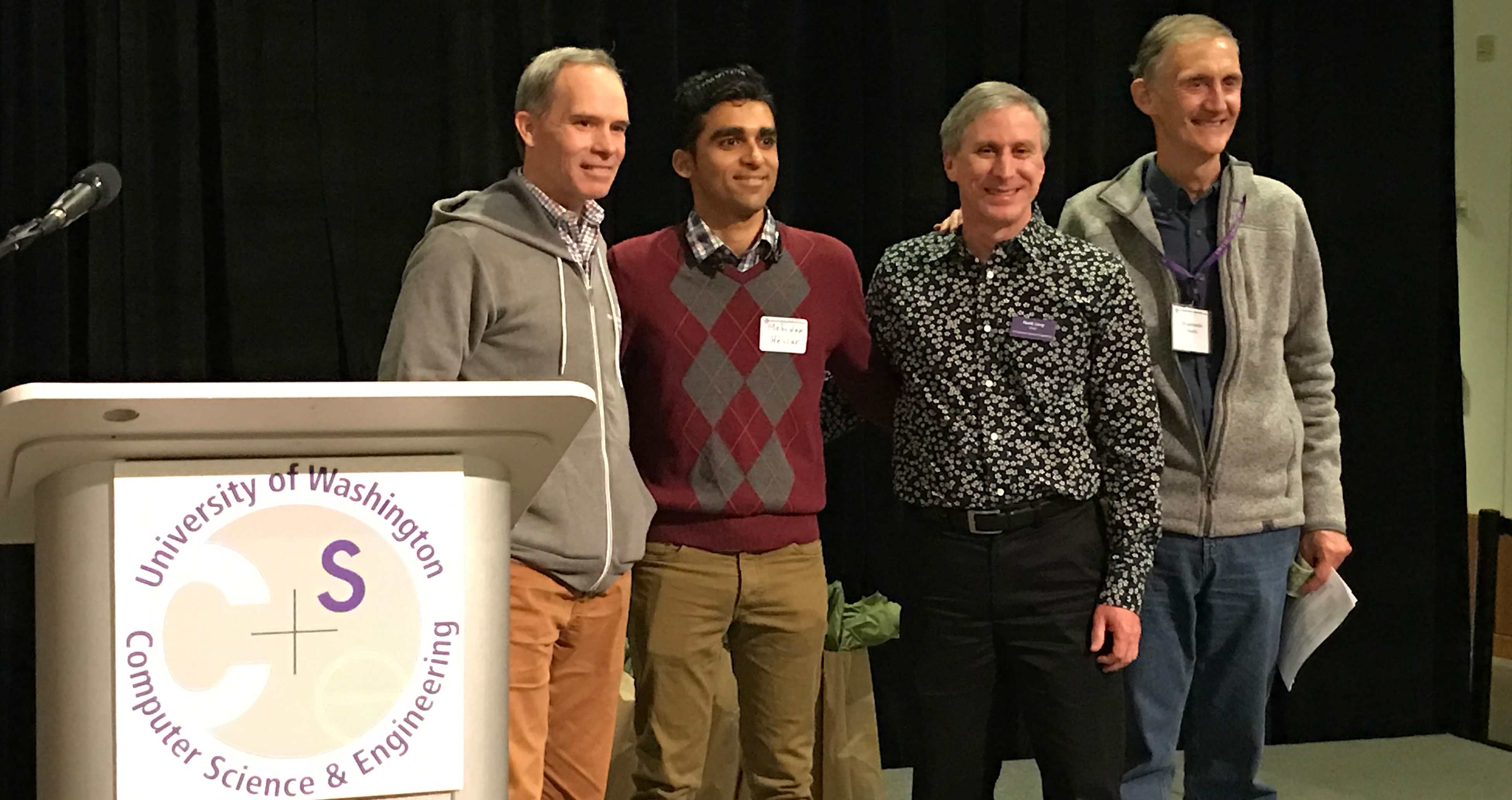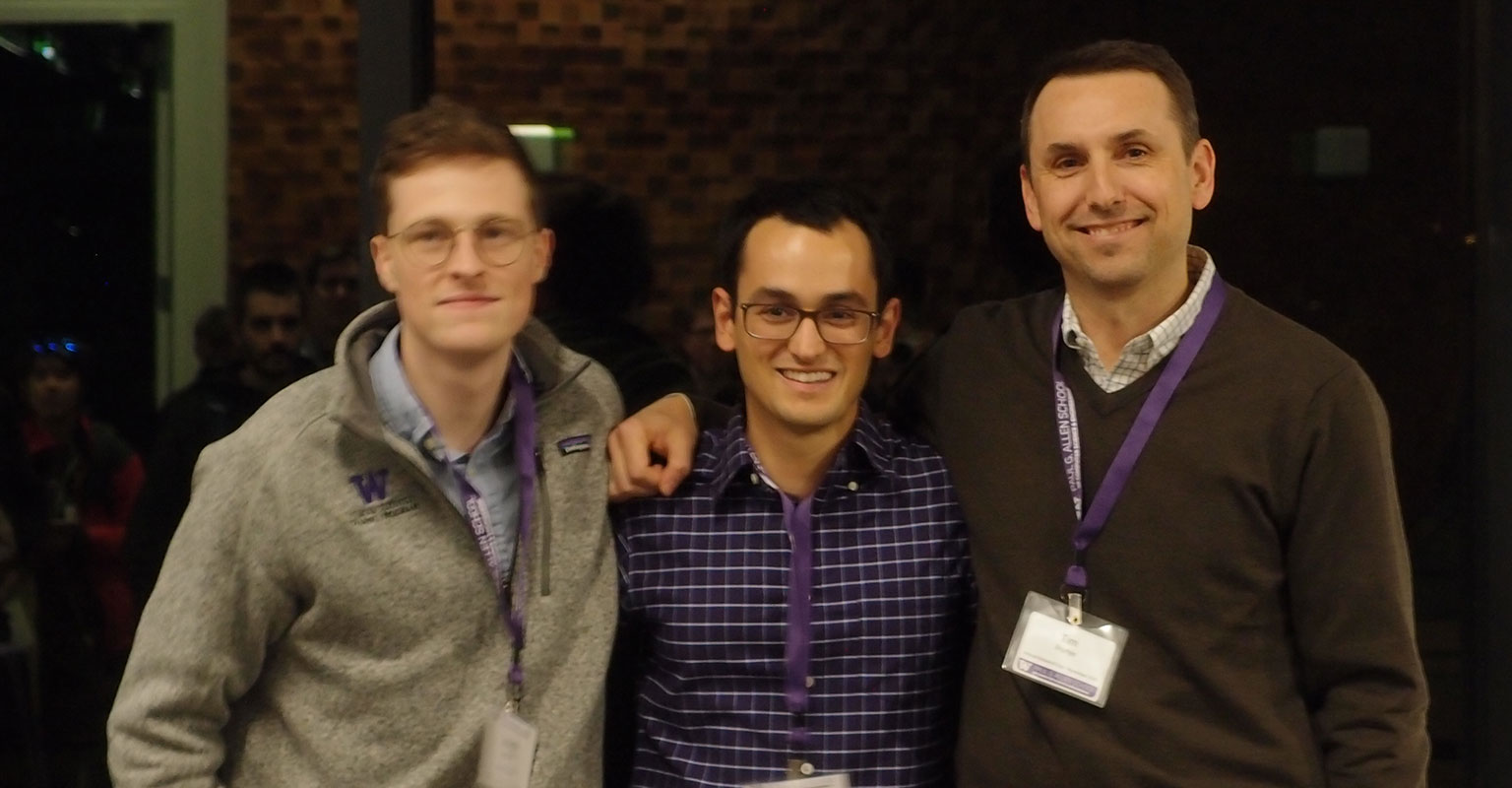(pictured Madrona team, Hank Levy, Runners Up and Madrona Prize Winners)
Last night, Madrona awarded the 12th Annual Madrona Prize to the team at the University of Washington Paul G. Allen School of Computer Science and Electrical Engineering that is building the LabintheWild platform. Working with assistant professor Katharina Reinecke, the team is enabling scientists from all over the world to study how culture influences people’s preferences and abilities while interacting with technology. The LabintheWild platform uses human curiosity to build a thriving community that is helping to increase the understanding of cultural differences. Additionally, the prize was shared with Augury, a program that leverages the insight from LabintheWild to predict how a website will be perceived in different cultures and countries.
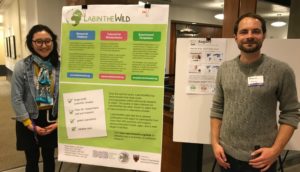
This year the Madrona Prize went to the team that is working on LabintheWild, which has been used by nearly 4 million participants and is a platform for scientists to test behavioral response and perceptions across the globe. Users take these surveys and immediately see how their response compares with other people in their region and beyond. Augury shared this prize and has leveraged learnings from the LabintheWild platform to create a system that enables website builders to test the response to their design by country. The team on this project who will share the prize are Eunice Jun, Nigini Oliveira, and Manuel Nordhoff. The prize is a cash award that goes directly to the team involved in directing and conducting the research.
The newly named Paul G. Allen School has a long history of research that improves lives and delivers business and research growth to the region
Tim Porter, Managing Director
The Runner Up projects were focused in the areas of machine learning and VR. The open source TVM framework simplifies and optimizes running deep learning models on a variety of hardware. A Unified Approach to Interpreting Model Predictions tackles explaining the output from ML models, using other computational methods. Understanding the “why” behind the insights produced by AI and ML is becoming increasingly important across businesses and research institutions. And, Real-Time VR Video Processing with the Hardware-Friendly Bilateral Solver optimizes the processing of VR video in the cloud, a commercial problem we are well acquainted working with VR companies such as Pixvana.
“The newly named Paul G. Allen School has a long history of research that improves lives and delivers business and research growth to the region,” said Tim Porter managing director, Madrona Venture Group. “The UW is an invaluable resource to our technology ecosystem and we are looking forward to the increased impact that the new Bill and Melinda Gates Center will make possible. Research such as LabintheWild and the runners up are key components to what makes the Seattle technology industry so vibrant.”
“The Allen School is lucky to be part of a region teeming with global technology companies who partner with us, and our yearly research day is an opportunity to showcase our latest research innovations and our talented students for this community,” said Hank Levy, Director of the Allen School. “We really appreciate Madrona’s partnership over the years and their role in our ecosystem. They encourage our students through the Madrona Prize and they amplify our impact by starting and building companies based on technologies we develop.”
The Madrona Prize is awarded at the end of the Allen School Industrial Affiliates day. The Industrial Affiliates brings together all the top research projects and papers being pursued by professors, graduate and undergraduate students at the school. The Madrona prize goes to the research project with the most commercial potential. Since Madrona’s inception, more than two decades ago, Madrona has funded 17 companies out of the University of Washington. These companies include Impinj (NAS:PI), SkyTap and Turi (acquired by Apple.)
Each year, the Madrona committee also awards Runner up prizes. This year the Runners up were:
Runners Up
A Unified Approach to Interpreting Model Predictions
Scott Lundberg
Adviser: Su-In Lee
TVM: End-to-End IR Stack for Deep Learning Systems
Tianqi Chen; Thierry Moreau; Haichen Shen
Advisers: Luis Ceze, Carlos Guestrin, Arvind Krishnamurthy
Real-Time VR Video Processing with the Hardware-Friendly Bilateral Solver
Amrita Mazudar, Armin Alaghi
Advisers: Luis Ceze, Mark Oskin
